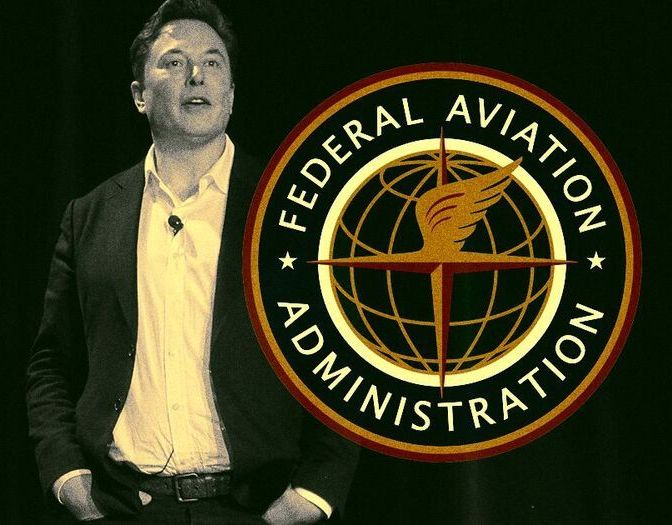CARSON CITY, Nev. (AP) — In the Nevada desert, a cryptocurrency magnate hopes to turn dreams of a futuristic “smart city” into reality. To do that, he’s asking the state to let companies like his form local governments on land they own, which would grant them power over everything from schools to law enforcement.
Jeffrey Berns, CEO of Nevada-based Blockchains LLC, envisions a city where people not only purchase goods and services with digital currency but also log their entire online footprint — financial statements, medical records and personal data — on blockchain. Blockchain is a digital ledger known mostly for recording cryptocurrency transactions but also has been adopted by some local governments for everything from documenting marriage licenses to facilitating elections.
The company wants to break ground by 2022 in rural Storey County, 12 miles (19 kilometers) east of Reno. It’s proposing to build 15000 homes and 33 million square feet (3 million square meters) of commercial and industrial space within 75 years. Berns, whose idea is the basis for draft legislation that some lawmakers saw behind closed doors last week, said traditional government doesn’t offer enough flexibility to create a community where people can invent new uses for this technology.









